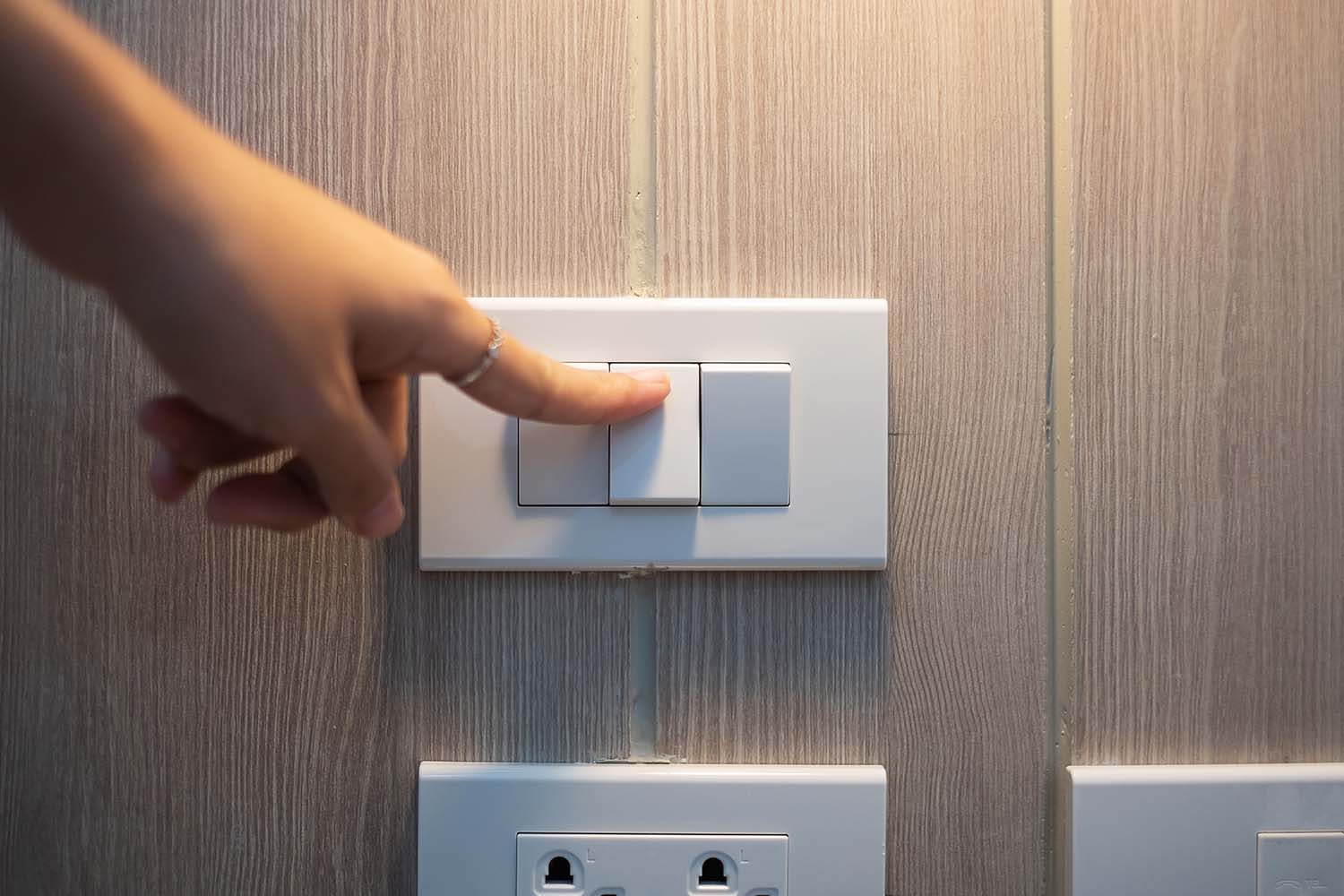Becoming more energy efficient naturally translates into saving money while taking action to preserve the health of our planet. The truth is—changing your energy spending habits leads to many beneficial long-term results.
Take a look at these five bad habits draining your income and spiking energy use. Consider making easy tweaks for a win-win situation.
- Leaving lights and fans running after you’ve left the room – This is probably the most common bad habit to break right away for better energy savings. It’s a habit everyone you share a household with should agree on. Not only is this bad habit easy to fix, but there are also better light bulb options today than in the past.
- Smart Lightbulbs – these types work with smart home apps like Google Assistant and Alexa, which can be controlled through your phone.
- LED indoor bulbs – Switching to LED lightbulbs will save you 90% more energy than the regular incandescent ones that you often see for the cheapest price on the shelf. Don’t be fooled by the immediate low-cost price, these outdated lightbulb options will increase your energy bill each month. Seriously think about investing in LED bulbs for greater long-term energy savings.
- Dimmable LED lights – Consider installing a dimmer to your light switches that are compatible with LED lightbulbs. Dimmers help you control how much light you really need in the room, limiting energy usage even more.
- Not washing your clothes in cold water – Unless you need to remove grease or oil from something, you should start washing items in cold water. It’s a great energy-saving habit and often achieves the same clean results.
- Not setting your water heater to 120 degrees – Most water heaters are unnecessarily set too high. For the best energy efficiency, the U.S. Department of Energy recommends setting programmable water heater temperatures to 120 degrees.
- Running your dishwasher while it’s only half-full – Dishwashers are much more convenient compared to handwashing, but they come with a price. The average cycle uses up to 1,800 watts of energy. It’s a good habit to handwash your smaller loads as much as possible and only use your dishwasher when you have larger loads and you’re likely to fill it up.
Also, if your dishwasher has the option to “air dry” instead of “heat dry”, you can save even more energy by making this easy switch.
- Staring into the refrigerator for waaaay too long – We’ve all been there, feeling uninspired on what to eat and looking to see what options are available in the fridge. However, breaking the habit of keeping your freezer or refrigerator doors open for longer than necessary will help you conserve energy.
It helps when you create a home menu and snack plan and can grab what you need to make easily, without overusing your kitchen’s electrical appliances.
When you take time to evaluate your daily habits, you’re likely to find areas where you could save money by saving energy expenditure. These are just a few bad habits to break and hopefully, you are inspired to look for even more ways to save money by cutting down on energy consumption.
Call B&D Industries for all Your Electrical, Plumbing, Heating & Cooling System Needs
For more than 65 years, B&D has worked tirelessly to provide residential and commercial properties in the southwest with a wide range of services to keep homes and businesses running smoothly and protect the value of the structure itself.
We’re the go-to for residential and commercial repairs.


